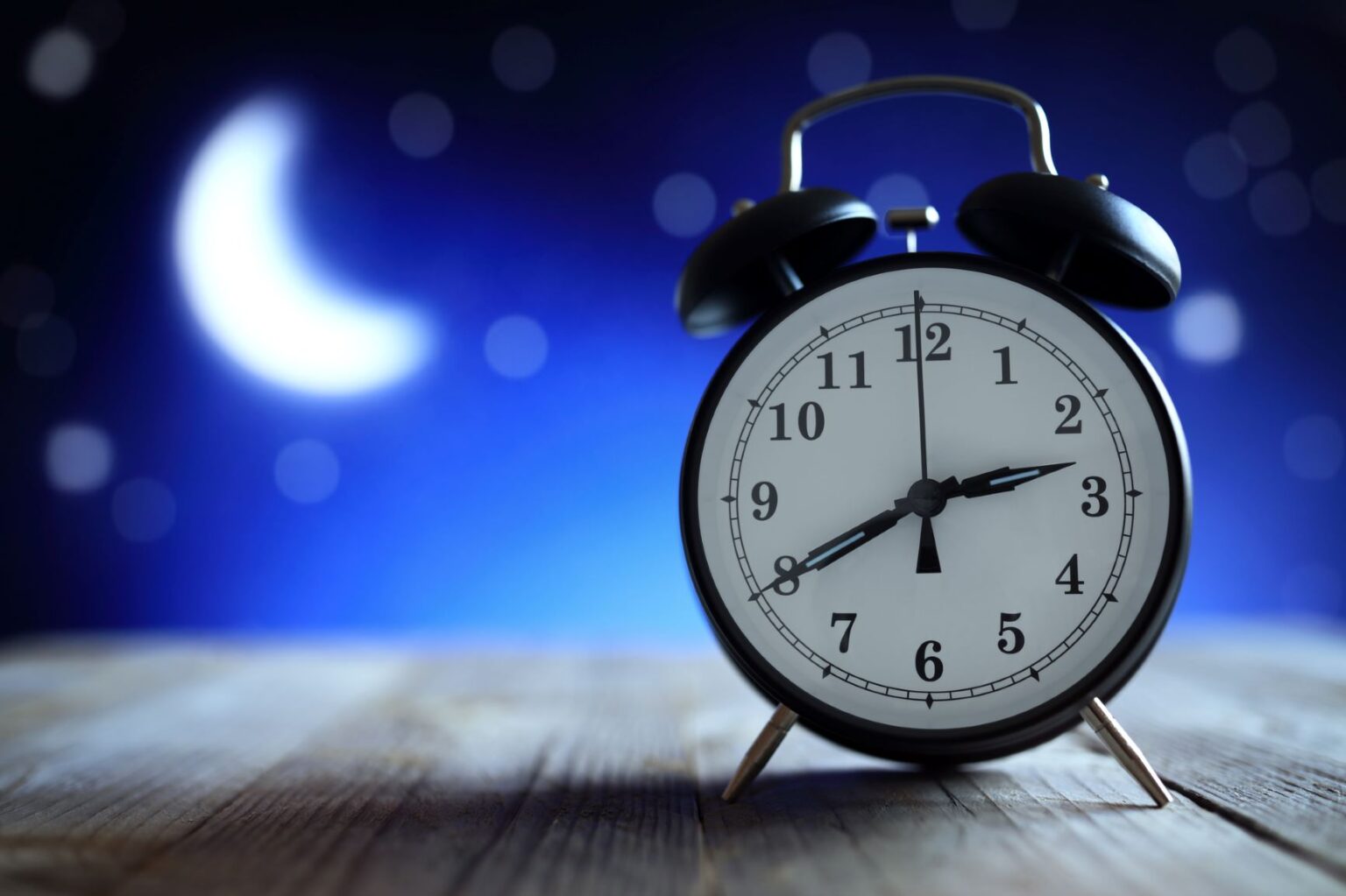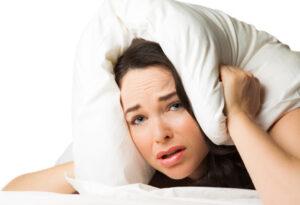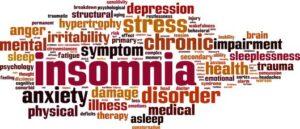Insomnia
Treat sleep as precious and necessary for your physical and emotional health. I will be viewing your insomnia as a messenger – in order to help you resolve what the underlying issues are.

Insomnia – what it is and how to overcome
In helping to relieve your insomnia, I will be investigating whether the problems can best be resolved by improving sleep habits, or by breaking the anxiety vicious cycle or whether an indirect approach is best – which first deals with the underlying problems.
Insomnia – improving sleep habits
 I will help you with the action you can make that will begin this break up process. And there are changes to be made right away in terms of better sleep hygiene, habits and visualisation.
I will help you with the action you can make that will begin this break up process. And there are changes to be made right away in terms of better sleep hygiene, habits and visualisation.
Sleep Hygiene – it’s about setting good habits
- Avoid stimulation – TV, computers, excited conversation an hour before bed
- Relax – with a warm bath or listening to soothing music
- Change Patterns – do something different in terms of your night time routine – and then stick to this routine
- Make sure your bedroom is quiet, dark and cool
- Stick to a regular sleep schedule
- Be careful about long naps especially after mid afternoon
- Use the bedroom only for sleeping
- Move bedroom clocks out of view
- Maintain exposure to natural light during the day and limit exposure to artificial light at night in order to maintain the the appropriate amount of the natural hormone melatonin
- Right down a to do list for the next day and then let those worries go.
Watch what you consume
Eliminate natural stimulants altogether like coffee, soft drinks (cola), chocolate, cocoa and tea. Even small amounts can affect some people and of course if relevant, alcohol. Also avoid cheese, ham, pickles, sugar, sausage, tomatoes as they contain a brain stimulant.
Eliminate night time hypoglycaemia – ie. a drop in blood sugar. Eat a snack before bed, oatmeal, wholegrain bread, tryptophan foods – turkey, bananas, cottage cheese and yogurt which help product serotonin.
Consider natural supplements: They don’t work for everyone but two of the most popular supplements are melatonin – a naturally occuring hormone that your body produces at night, and Valerian – a herb with mild sedative effects that may help you sleep better.
Sleep Training for Insomnia
Don’t spend time tossing and turning in bed and not sleeping. Get up and do something onerous and boring (reading a book standing up, cleaning the oven, doing your paper admin) for 20/30 minutes and then go back to bed. And if you are still awake a little time later and aware that you again tossing and turning again, then get up again. After a night or so, your subconscious will just turn off and let you sleep.
The 3 senses insomnia Exercise: Feeling, seeing and hearing – each for a few minutes or less – one after another until you sleep. You can imagine yourself going to your favourite place (a beach, a garden) and feeling, seeing and hearing.
A Good Visualisation for insomnia: While lying warm and comfortable in bed, close your eyes and start to imagine that you are looking out across a plain at a big orange setting sun. Up above and all around is a darkening velvety blue night sky studded with twinkling stars. As you take a deep breath and breathe out, focus on the sun and say “Relax”. Then move your eyes upward in their sockets and draw in the violet blue night with your breath as you say to yourself “Peace”. Move your eyes down to the setting sun and try to notice if it has sunk any lower while you’ve been looking away and, as you breathe out, repeat to yourself “Relax” as before. Then look up to your night sky as you breathe in and repeat “Peace” as before. And keep doing this.
The Blackboard Technique: Imagine, in your mind’s eye, a very large blackboard – as big as you are. You have a chalk and a blackboard eraser. .Your task in your imagination is to chalk the number 100 on the blackboard as large as you can.
You then have the job of wiping away the number with the eraser … Your next task is to chalk the number 99 onto the blackboard which you must then also erase. This task continues without interruption until you either fall asleep or reach zero when the task begins again. This insomnia busting technique improves with use until, in the end, you may find you only reach 97 or 96 before falling into a deep and peaceful sleep.
Insomnia – dealing with the underlying problem
 Most people suffering from an anxieties disorder or depression will have trouble sleeping. But for Depression and Anxiety – their sleep experiences will be very different.
Most people suffering from an anxieties disorder or depression will have trouble sleeping. But for Depression and Anxiety – their sleep experiences will be very different.
Depression sufferers will normally go to sleep quite quickly, being exhausted and ready for sleep and may indeed sleep uninterrupted through the night, but this sleep will not refresh them and they will wake up exhausted.
The contrast with the sleep differences of anxiety sufferers is clear. The problem will not be the exhaustion in the morning – indeed those with anxiety can sometimes wake up reasonably refreshed. No, anxiety means that you cannot quickly get off to sleep. Sleep will be delayed and often interrupted and intermittent and rarely restful.
And for both Depression and Anxieties, there will be daytime drowsiness, fatigue, or irritability.
This website devotes much space to Depression. And of course the broad range of Anxieties. All potential Insomnia causes
Finally, there are Non Psychological Factors causing insomnia such as the effects of Medications, certain Medical problems (eg. reflux, asthma and chronic pain) and Specific Sleep Disorders (such as sleep apnea, narcolepsy, and restless legs syndrome). These are broadly beyond the scope of Feelbetter Counselling – but where we can offer complementary help.
Breaking the Anxiety Cycle
There is much that can be used from what this website teaches about basic Anxiety. Of particular importance are the basic principles and treatment that inform all my anxiety relief work.
See Anxiety Complete and Anxiety Symptoms.
Effective anxiety treatment principles
Anxieties are natural responses that become habitual ones.
Anxieties can look like a problem with body chemistry, but this is not true in the vast majority of cases.
New skills, approaches and understandings can show us how to be calm again in situations that previously caused anxiety and panic.
New, more appropriate patterns and associations can replace unhelpful ones – when using trance.
With a combined approach of thinking strategies, relaxation and visualisation techniques, knowledge and lifestyle alterations, even the most severe of panic and anxiety disorders can be cured.
Effective Insomnia Treatment in practice
Trance work to decouple the primitive limbic flight or fight firing.
Developing a better relationship with your anxiety – not fearful, but accepting and even welcoming.
Finding new ways of thinking, relaxing and visualising – that build control and confidence.
Being primed and confident to take action to make necessary life changes.
How can I help you?
